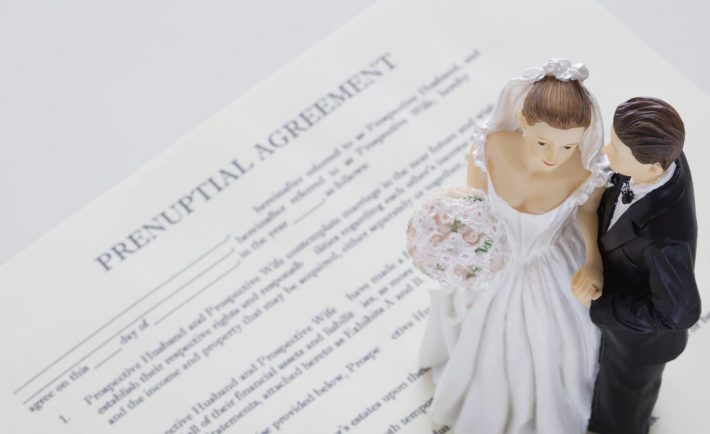A prenuptial agreement, or prenup for short, is a legal document that couples in a relationship sign before getting married.
While prenuptial agreements are not required in most states, they can be extremely helpful in protecting both parties involved in a divorce.
In this post, we will delve deeper into what a prenup is, what you should include in it, and why it’s important.
What is a prenup?
A prenup is a contract between two people who are about to get married. In essence, it’s a way to protect each person’s assets in the event of a divorce.
Prenups can be incredibly helpful for couples who have a lot of money or property, as they can help to ensure that these things are fairly divided in the event of a split. However, they can also be useful for couples who are not as well-off. This is because a prenup can outline each person’s responsibilities during the marriage, such as who will be accountable for paying debts or issues related to property ownership.
If you’re preparing to get married, it’s important to think through whether or not a prenuptial agreement might be right for you. If you have any burning questions pertaining to your unique case, please don’t hesitate to contact an attorney.
What are the benefits of a prenup?
There are a few key benefits of a prenuptial agreement:
- Avoid costly and time-consuming disputes during a divorce.
- Help to protect your assets in the event of a split. This is especially significant if one or both of you have substantial assets that you would like to safeguard.
- Ensure that both parties are aware of each other’s financial situation going into the marriage. This can help to avoid any nasty surprises months into tying the knot.
What should you include in a prenup?

Image Credits: nohat.cc
You and your partner should sit down and decide what you want to include in your prenuptial agreement. This document can be very detailed, or it can be more general. Some things you may want to consider before walking into a family lawyer’s office include:
- How assets will be divided upon death
- How property will be divided after a divorce
- How custody of any children will be handled
- Who will be liable for debts incurred during the marriage
- What will happen to alimony payments in the event of a divorce
Are there any consequences of not having a prenup?
If you’re questioning whether or not you should have a prenuptial agreement, the answer is probably yes. Prenuptial agreements can seem daunting, but they’re an influential way to protect yourself and your future spouse in the event of a divorce.
There are a few things to keep in mind when creating a prenuptial agreement. First, both parties need to agree on what will be included in the agreement. It’s also important to make sure that both parties have a clear understanding of the consequences of not having a prenuptial agreement.
If you decide not to sign a prenuptial agreement, you could be opening yourself up to several risks. For example, you may be required to divide assets evenly in the event of a divorce, even if you don’t think that’s fair. You may also be responsible for your spouse’s debts in the event of a breakup.
As we come to a close, a prenup or prenuptial agreement is a contract entered into by couples before they get married. This document outlines what will happen to the couple’s assets in the event of a divorce. There are a few things you should include in your prenuptial agreement. For instance, you should list which assets will be considered separate property and which will be considered marital property. You should also decide how alimony and child support payments will be handled. If you’re considering getting married, it’s critical to discuss prenuptial agreements with your partner. This can help avoid any misunderstandings or disagreements in the future.



